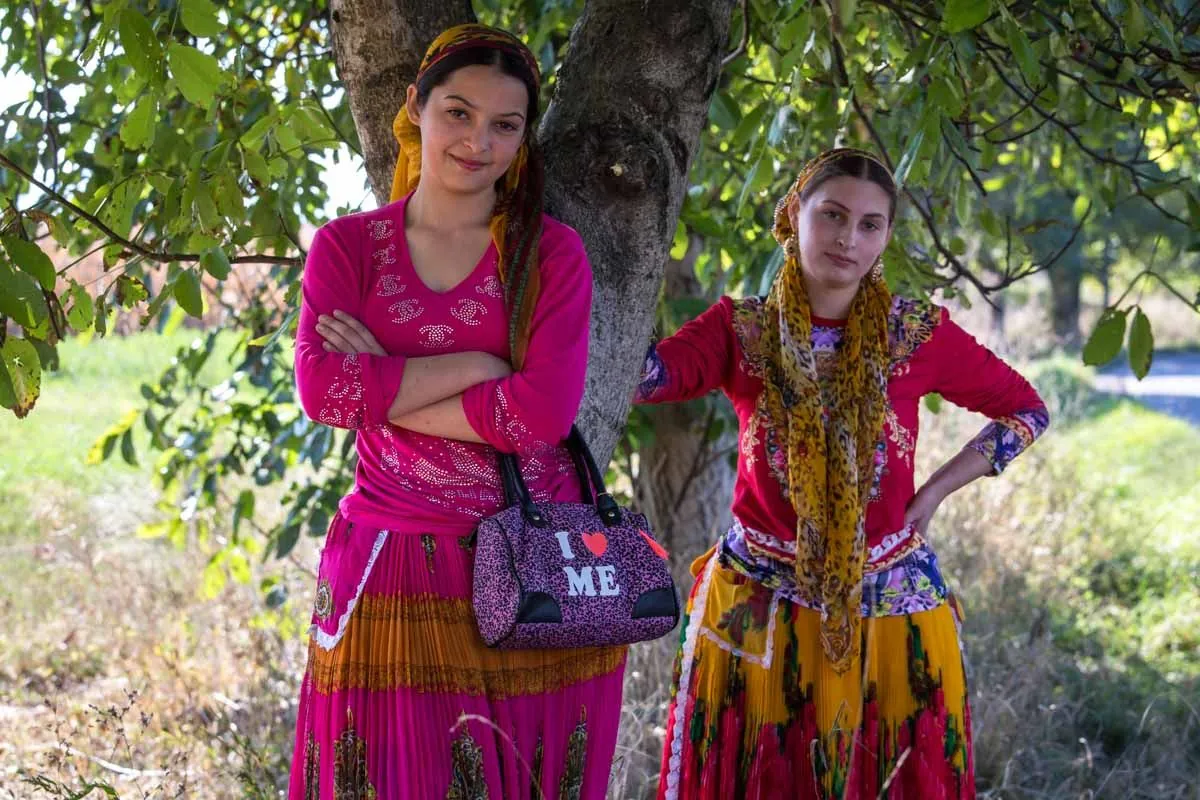Romani Sustainability Study Sparks Debate on Research Funding
A £810,703 study on Romani Gypsy sustainability practices has ignited controversy. Critics question its value, while supporters argue for its importance in combating stereotypes and promoting social justice.

A research project examining the sustainable practices of Romani Gypsy communities has received £810,703 in public funding, sparking a debate on the allocation of research resources. The three-year study, initiated in April 2024 at the University of Glasgow, aims to highlight the contributions of Romani people to sustainability and environmental conservation.
The project, titled "Gypsies forging sustainable futures: representing Romani environmental knowledge and practices through traditional metal artwork and dance," seeks to challenge negative stereotypes and showcase the Romani community's eco-friendly lifestyle. Researchers plan to create metalwork sculptures and organize dance events in England, Scotland, and Spain to represent these sustainability traditions.

This initiative comes at a time when the Romani people, an Indo-Aryan ethnic group with origins in northern India, continue to face discrimination across Europe. According to the University of Glasgow, 44% of UK citizens surveyed expressed openly negative attitudes towards Romani and Traveller communities, more than any other protected characteristic group.
The study aims to explore various aspects of Romani sustainability practices, including:
- Circular economy principles (recycling, reuse, and repair)
- "Tiny home" living
- Use of local materials
- Utilization of plants and herbs for health and hygiene
- Community-focused lifestyle and sharing
- Sustainable production techniques, including metalwork
Critics, including the TaxPayers' Alliance, argue that the funding could be better allocated to projects with more tangible scientific value. However, supporters emphasize the importance of such research in promoting social and climate justice.
"This research is extremely important to the University of Glasgow, as part of our commitment to social and climate justice."
The project's findings may potentially inform policy and practice for the Department of Levelling Up, Housing and Communities, which is listed as a project partner.
As the debate continues, it's worth noting that the Romani people have a rich cultural heritage, including a long history of metalworking and contributions to world music, such as Flamenco in Spain. Their traditional lifestyle, often misunderstood, may offer valuable insights into sustainable living practices that could benefit broader society.
The study's outcomes, expected in April 2027, may provide a unique perspective on sustainability, challenging preconceptions and potentially offering innovative solutions to environmental challenges.


































